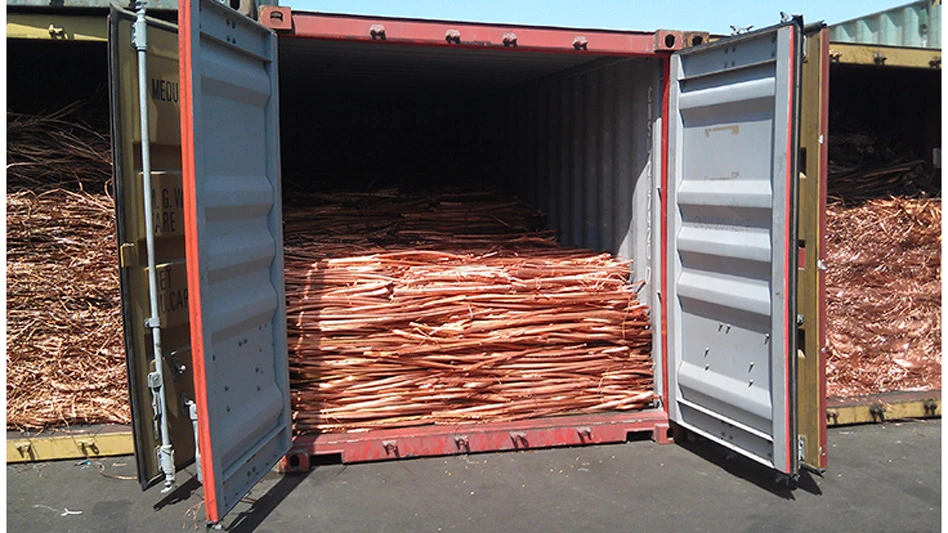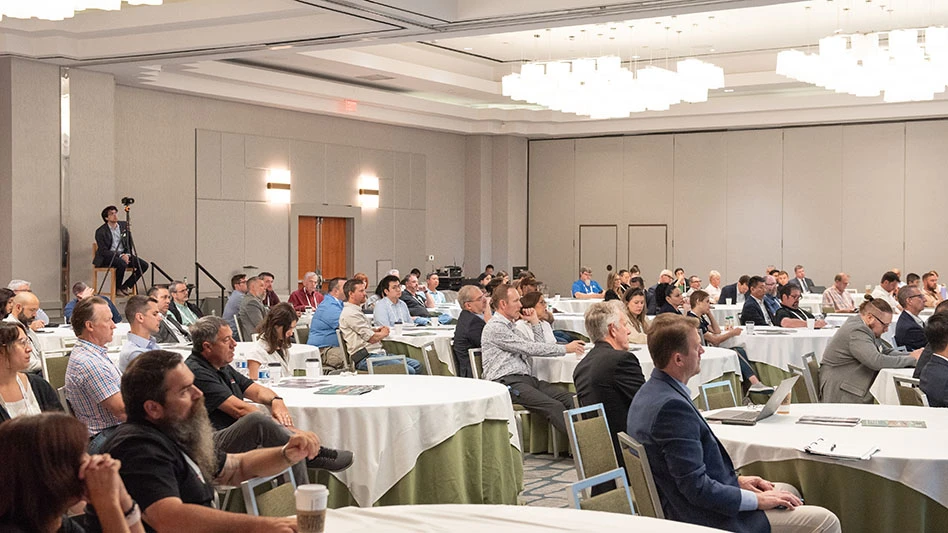The Center for the Circular Economy at Closed Loop Partners recently released a report detailing ways forward for durable reusable packaging systems that reduce the need for single-use packaging. In the report, Bringing Reusable Packaging Systems to Life, Closed Loop Partners draw on insights from multiple reusable cup pilots conducted in partnership with the NextGen Consortium and IDEO, outlining key lessons learned and sharing a blueprint and open-source resource to encourage collaboration and the growth of reuse models.
“Reuse models are a critical tool in the fight against plastic waste, and brands and retailers are increasingly exploring them as a viable waste reduction strategy,” says Kate Daly, managing director of the Center for the Circular Economy at Closed Loop Partners. “Reusable packaging and cups are just the beginning; refill, resale and rental models that keep materials in circulation are poised to reinvent all kinds of product formats and industries. The future for reuse is bright, and now we need to work collaboratively toward it.”
Closed Loop Partners convened the NextGen Consortium, with founding partners Starbucks and McDonald’s, among others, to address the world’s single-use food packaging waste by advancing the design, commercialization and recovery of packaging alternatives––starting with the hot and cold, to-go fiber cup system. Through the efforts of the NextGen Consortium, robust testing, funding and scaling of reusable cup models have been underway. Most recently, the Consortium ran pilots with NextGen Cup Challenge winners, CupClub and Muuse, across clusters of local cafes in the City of San Francisco and City of Palo Alto, Calif.
NextGen used a validated methodical approach to test and evaluate various reuse models, Closed Loop Partners says. These include engaging diverse stakeholders, making sustainable material choices, selecting appropriate locations, choosing the right payment model and optimizing health and safety protocols. It was decided that reuse models must provide a seamless, convenient experience for companies and customers.
“McDonald’s cups are an iconic part of the customer experience and can serve as a key gateway to increasing circular systems for our restaurants,” says Marion Gross, chief supply chain officer, North America, McDonald’s. “We remain committed to meaningful collaboration and solutions that will reduce waste and impact change at scale.”
“Now is the perfect moment to design, implement and scale reuse models, as technological developments, regulatory pressures and consumer demand for eco-friendly alternatives converge,” says Chris Krohn, project lead, IDEO. “Piloting the reusable packaging models helps us better design a system that works for all.”
“With single-use packaging volumes on the rise amidst the pandemic, safe and hygienic reuse models are critical to addressing the urgent issue,” says Erin Simon, head, Plastic Waste and Business, World Wildlife Fund. “The NextGen Consortium’s reusable cup pilots are critical for providing the necessary data and understanding to advance these kinds of models as a whole and reduce waste.”
“Changing mindsets and offering consumers reuse options must be part of our efforts to end plastic pollution once and for all,” says Kristin Hughes, Director of the Global Plastic Action Partnership, the platform for accelerating plastic pollution and waste action at the World Economic Forum. “It is crucial and very exciting to see innovative models being tried and tested on the ground by the NextGen Consortium and others.”
Latest from Recycling Today
- APR, RecyClass release partnership progress report
- Clearpoint Recycling, Enviroo sign PET supply contract
- Invista expanding ISCC Plus certification program
- Redwood partnership targets recycling of medium-format batteries
- Enfinite forms Hazardous & Specialty Waste Management Council
- Combined DRS, EPR legislation introduced in Rhode Island
- Eureka Recycling starts up newly upgraded MRF
- Reconomy Close the Gap campaign highlights need for circularity





